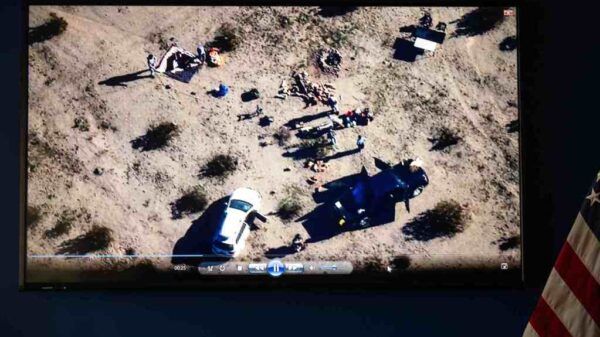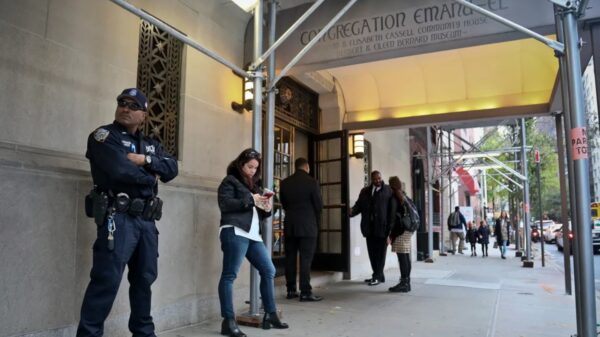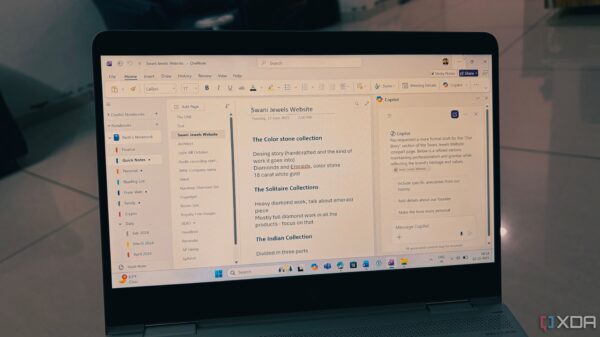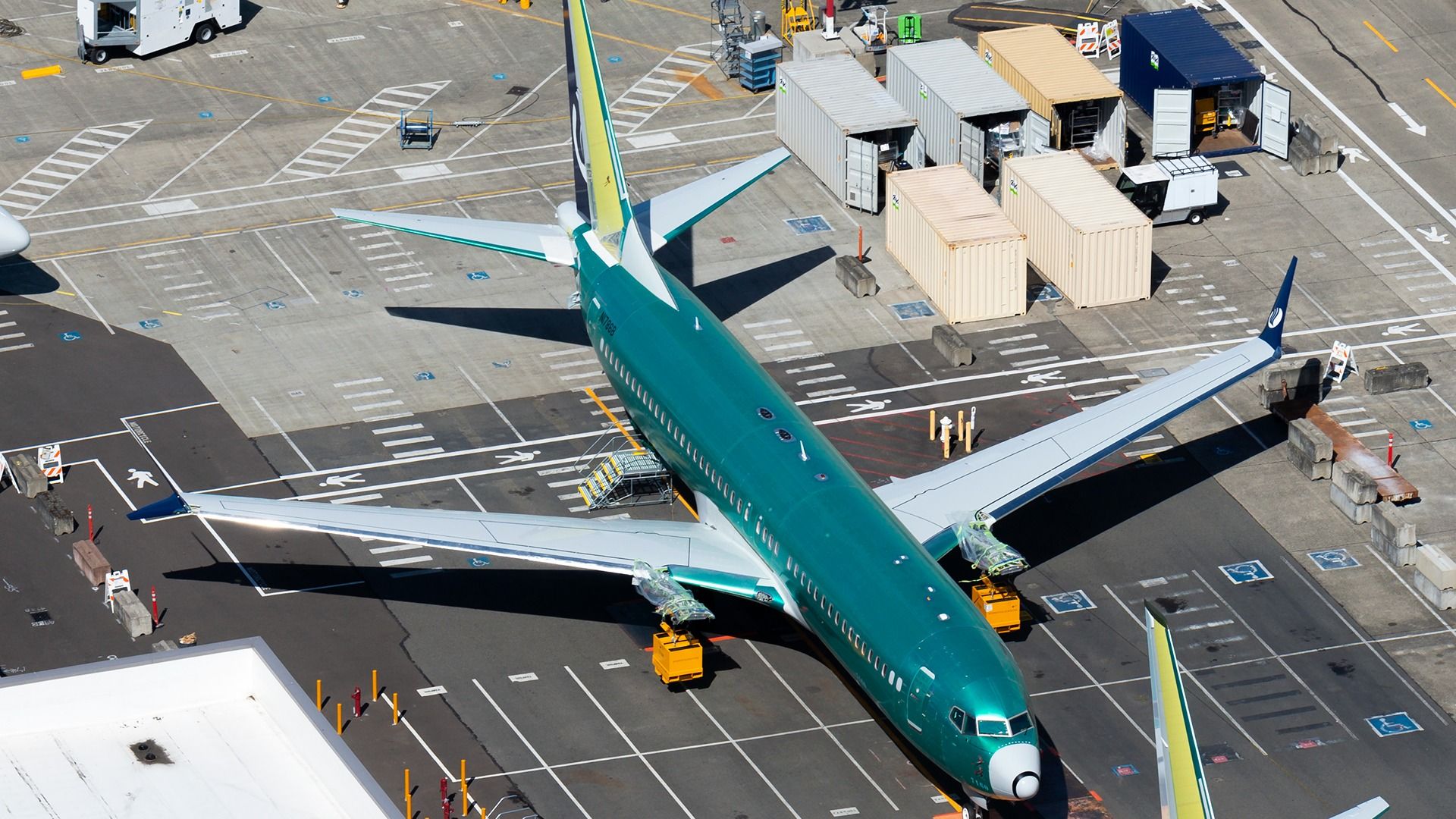Boeing and approximately 3,200 striking machinists at its defense manufacturing sites in St. Louis, St. Charles, Missouri, and Mascoutah, Illinois, will involve a federal mediator in their upcoming contract negotiations. This announcement follows nearly nine weeks of striking, which began on August 4, 2025. The machinists, represented by the International Association of Machinists and Aerospace Workers District 832, are advocating for higher wages and improved working conditions critical to maintaining advanced fighter jets and various weapons systems for the United States and its allies.
Negotiations Resume with Federal Assistance
Negotiations are scheduled to resume on September 30, 2025, with the federal mediator expected to facilitate discussions. The strike, which reached its 53rd day on September 26, 2025, matches the duration of a previous strike by machinists in the Northwest, who are primarily involved in assembling Boeing’s commercial aircraft. That strike concluded with significant concessions from Boeing, including a 38% wage increase over four years.
Machinists are now seeking an enhanced contract, having recently voted in favor of a union-backed proposal after rejecting two previous offers from Boeing. The new four-year agreement proposed by the International Association of Machinists and Aerospace Workers District 837 includes a $10,000 ratification bonus—more than double the $4,000 suggested by Boeing—and addresses key issues such as pay raises for top-scale members and enhancements to 401(k) benefits.
Boeing expressed disappointment over the rejection of its revised agreement, claiming it was the most competitive contract package ever offered to its St. Louis workforce. Brian Bryant, President of the International Association of Machinists Union, stated, “Our members stood up with courage and voted for a fair, responsible pathway to end this strike. Now, Boeing must honor that decision, accept this deal, and show respect for the skilled workers who are the backbone of its defense business.”
Current Economic Landscape for Boeing
Unlike the financial pressures faced during the 2024 strike, Boeing is experiencing a more favorable economic environment this time. According to Richard Aboulafia, Managing Director at AeroDynamic Advisory, the current walkout focuses on military programs that are either in low-rate production or still in testing phases, rather than on the highly lucrative Boeing 737 narrowbody aircraft program. Much of the equipment and components for the fighter jets have already been funded by the US government, which mitigates the financial impact of idle parts during the strike.
In response to ongoing labor actions, a spokesperson for Boeing noted that the company may consider hiring replacement workers and is reviewing hundreds of applications received after a recent job fair. During the strikes, Boeing has still managed to deliver one F/A-18 and one F-15, and has produced 3,120 JDAM bomb-modification kits.
The previous strike, which concluded on November 4, 2024, resulted in a labor agreement that included a notable 38% wage increase over four years, significantly impacting the company’s production capabilities and delivery timelines. As both sides prepare for renewed discussions, the outcome remains uncertain, but the stakes are high for the future of Boeing’s workforce and production capabilities.







































































